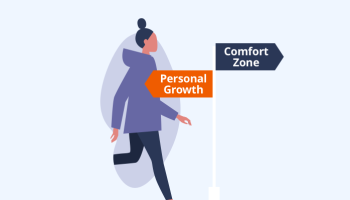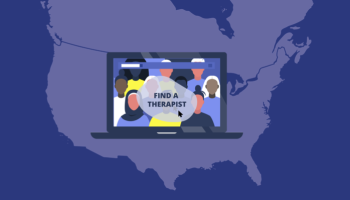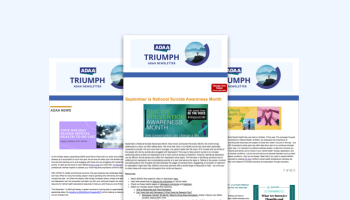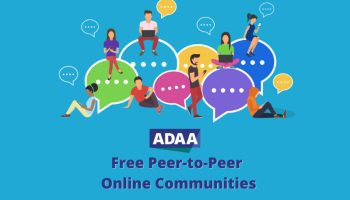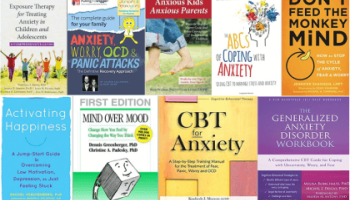Digital Mental Health Interventions for Obsessive Compulsive Disorder
Digital Mental Health Interventions for Obsessive Compulsive Disorder
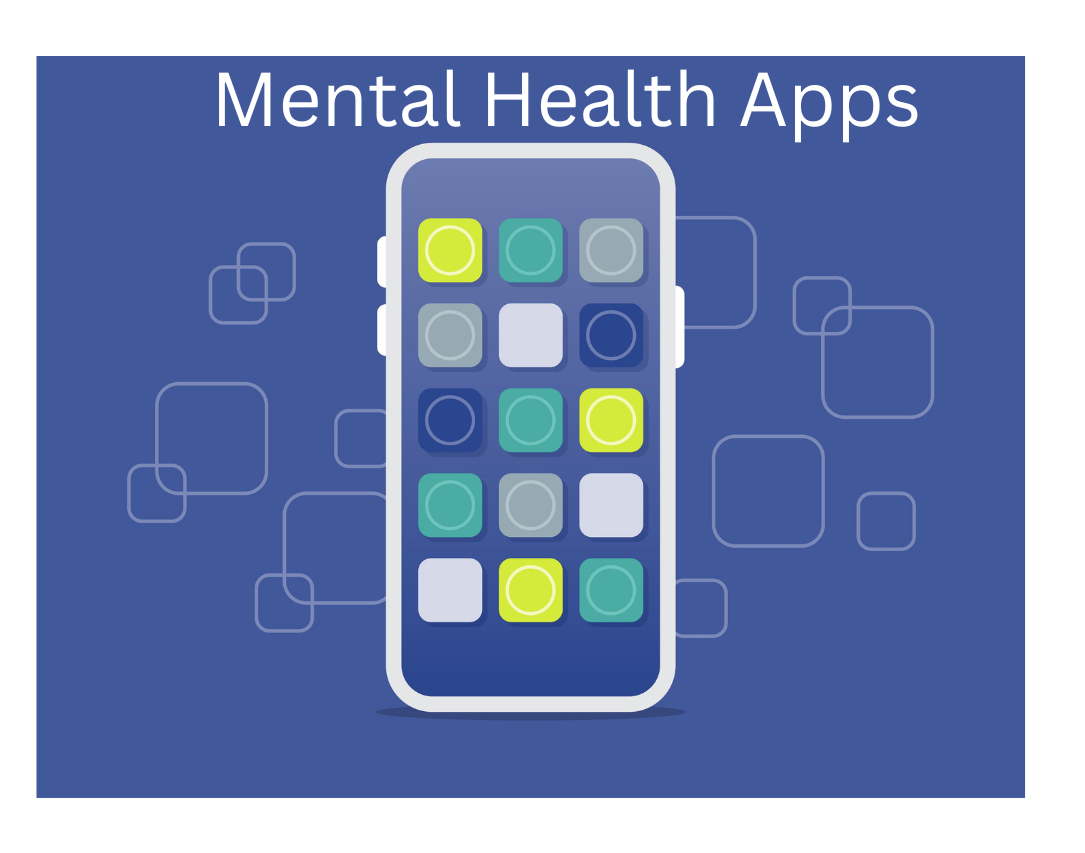
We’ve all wished at times that we could have a therapist in our pockets. Digital mental health interventions are bringing us closer to making this a reality. The development of digital health interventions— that is, psychotherapeutic interventions that are delivered over the Internet or with a smartphone app, with or without human support and guidance— has risen dramatically over the past few years. At present, digital programs are publicly available to help users cope with a wide range of mental and behavioral health issues, from depression to insomnia to work-related stress. Digital interventions show particular promise for the treatment of obsessive compulsive disorder (OCD), a disorder characterized by repetitive, distressing intrusive thoughts (i.e., obsessions) that prompt physical or mental behaviors (i.e., compulsions) intended to alleviate that distress. OCD, especially when left untreated, can be incredibly disruptive to sufferers’ day-to-day lives, often leading to social isolation, poor performance in work and school, and even increased risk of suicide.
Cognitive behavioral therapy (CBT), the gold standard psychotherapy for OCD, has been shown to be highly effective in clinical trials. CBT for OCD consists of psychoeducation, exposure and response prevention (ERP, where the patient is encouraged to face situations that trigger their obsessions while refraining from performing their compulsions), and relapse prevention. However, not all individuals with OCD receive treatment from trained mental health care providers, and even when they do, not all patients respond to treatment. High-quality in-person treatment can also be complicated by high cost, limited insurance coverage, stigma, and logistical difficulties (e.g., transportation). Therefore, digital mental health interventions can be a promising solution to help make treatment more easily accessible.
Digital interventions have become especially critical after the COVID-19 pandemic, during which access to in-person therapy became more challenging while the severity of mental health symptoms worsened. Since 2020, teletherapy has risen in popularity and helped to reduce clinician burden while increasing patient access to care. However, telehealth still requires trained clinicians and typically costs the same for patients as face-to-face therapy.
Internet- and app-based treatments, in contrast, have the potential to address a higher number of treatment barriers and can be used with limited clinician support. Internet-based CBT (iCBT) has been supported in multiple studies as an effective and practical alternative to face-to-face therapy. For instance, in a recent randomized controlled trial, researchers compared therapist-guided iCBT, unguided iCBT, and individual face-to-face CBT in 120 OCD patients (Lundstrom et al., 2022). After 12 weeks of treatment, 77% of the participants in face-to-face CBT and 45% in the guided iCBT groups showed improvements in symptoms, whereas this number was 16% in the unguided iCBT condition. The study also showed that digital interventions are more cost-effective. Therapists spent a little over two hours per participant per week in person, versus a little over 10 minutes in guided iCBT group, with reductions in expenses from nearly $7000 to about $600.
Similarly, there have been app-based digital interventions for OCD that show exciting results. NOCD, an ERP program that combines video teletherapy with face-to-face therapy, has been recently adapted for use with remote care. The remote NOCD program includes twice-weekly 60-minute remote ERP video sessions. Patients have access to weekly text messaging with their therapists and an online community as well. In a large study with 3552 adults with OCD, the program showed improvements in symptom severity that were maintained one year later (Feusner et al., 2022).
There are numerous OCD apps that are available for download from both Apple and Android app stores. Some options that have been shown through empirical research studies to be helpful in reducing OCD symptoms include LiveOCDFree, OCFree, and GGtude. A case study also shows that GG OCD has promise for supporting relapse prevention. There are also internet- and app-based interventions for obsessive-compulsive related disorders such as body dysmorphic disorder, trichotillomania (hair-pulling disorder), excoriation (skin-picking disorder), and hoarding disorder. Of note, it is important to proceed with caution when recommending specific apps to your patients, as many available apps have little or no empirical support (even some that profess to be CBT-based).
Overall, although there is still a long way to go in terms of development, research, and dissemination of empirically supported digital interventions, there is increased hope that they will be an integral part of mental health care in the near future.
Here is the link to a comprehensive review of different digital health interventions for OCD and related disorders:
This post is presented in collaboration with ADAA's OCD and Related Disorders SIG. Learn more about the SIG.



